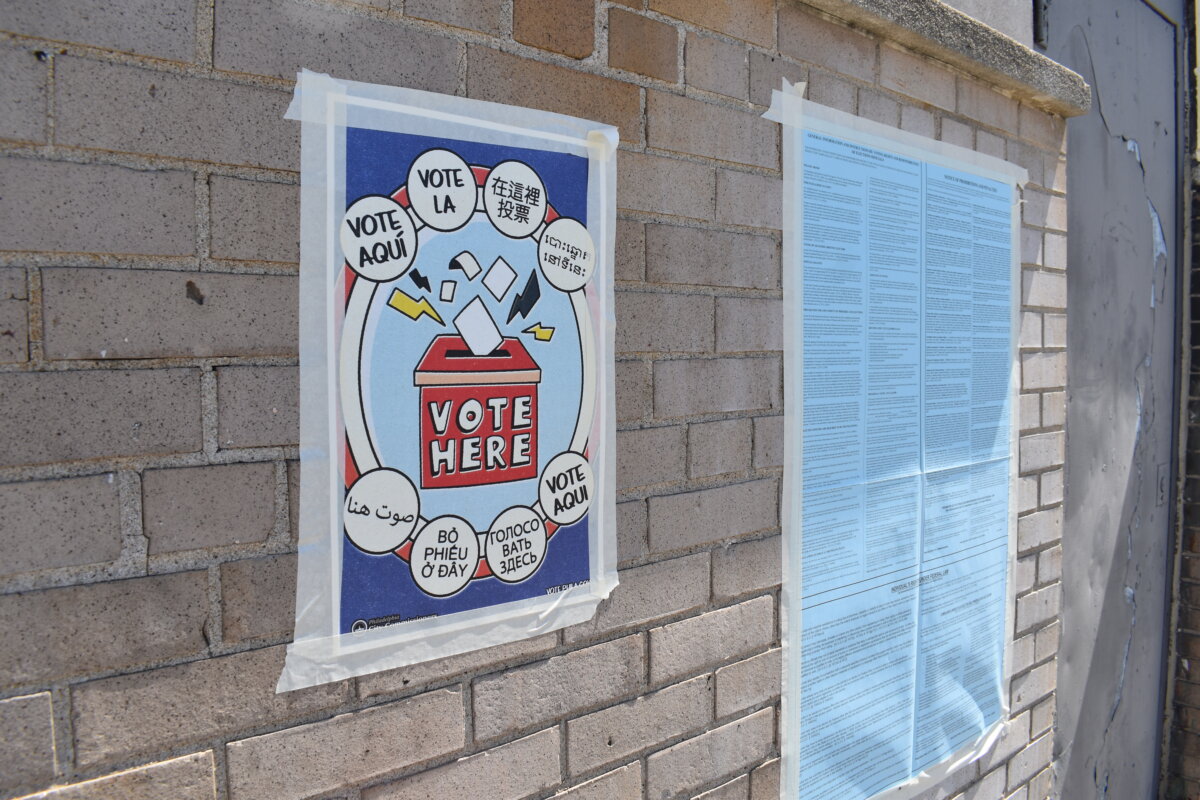While the music industry struggles to keep up with the Internet, the technology has made composing for stage and film easier than ever.
From his Halifax base, musician Jason Michael MacIsaac can work anywhere. “A short jaunt to Toronto replaces three weeks in Toronto,” he says over tea in a local café.
He writes scores for plays, films and commercials, and is also in a band called the Heavy Blinkers. “There’s not one aspect of my career that allows me my extremely epicurean lifestyle,” he jokes, taking a bite out of his peanut-butter bagel.
Usually, a composer’s job is to write music that no one notices. “That’s a bitter pill to swallow,” he says, but he understands that badly timed music can wreck a play. “If you have a pivotal moment when someone says, ‘Oh, you didn’t know I’m a vampire?’ and you don’t hear that line, for the rest of the play you’re like, ‘Why’s he sucking blood?’”
That’s generally true for films, too. MacIsaac wrote the music for 2003’s Touch and Go, which featured a “pre-Ellen Page Ellen Page,” as he puts it.
Earlier this year, he got a chance most stage composers only dream of: He worked on Poor Boy, a pop music fantasia by Halifax’s Zuppa Theatre.
“It was a play born out of the music that myself and (collaborator) Dave Christensen created.
Every action, every piece of dialogue, was after the music,” he smiles. The actors also played the music, presenting further compositional challenges. “You can’t be stuck at your cello if you have to go from stage left to stage right in under ten seconds, so a lot of the arrangement becomes stripped down.”
That’s a common concern: What the composer creates in his head may be too expensive or cumbersome for the play. “It’s heartbreaking when a song gets dropped. There’s a song in Poor Boy that it kills me every time I don’t hear it,” he says. “It’s ‘Look at me, look at me!’ Then all of a sudden, it’s not about me anymore. I’m at the service of the play.”
McMaster University in Ontario, Bishop’s University in Quebec and University of Lethbridge in Alberta are among the institutions that offer classes combining music with theatre, film and television. Many musicians either study music and then apply it to stage, or simply learn music on their own and then turn professional.
















